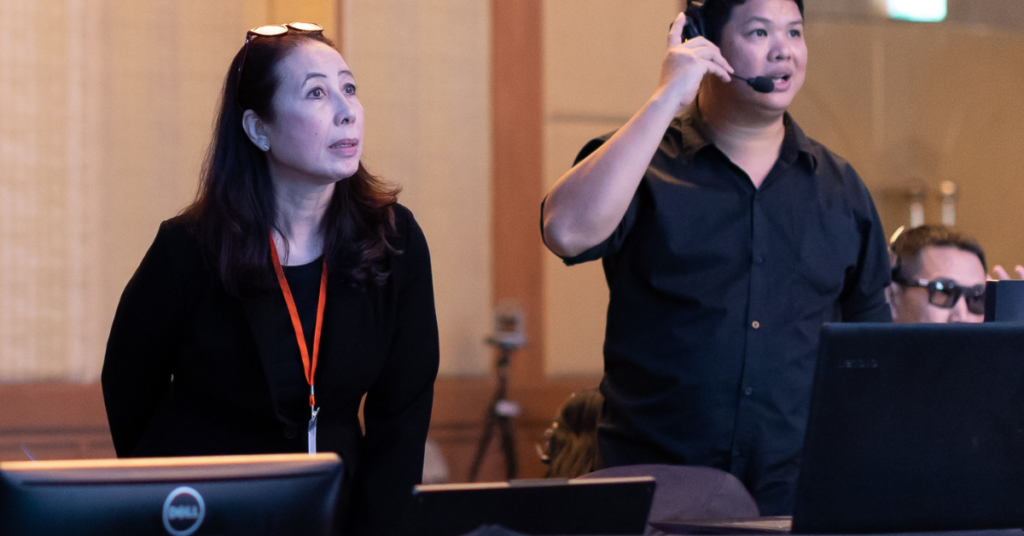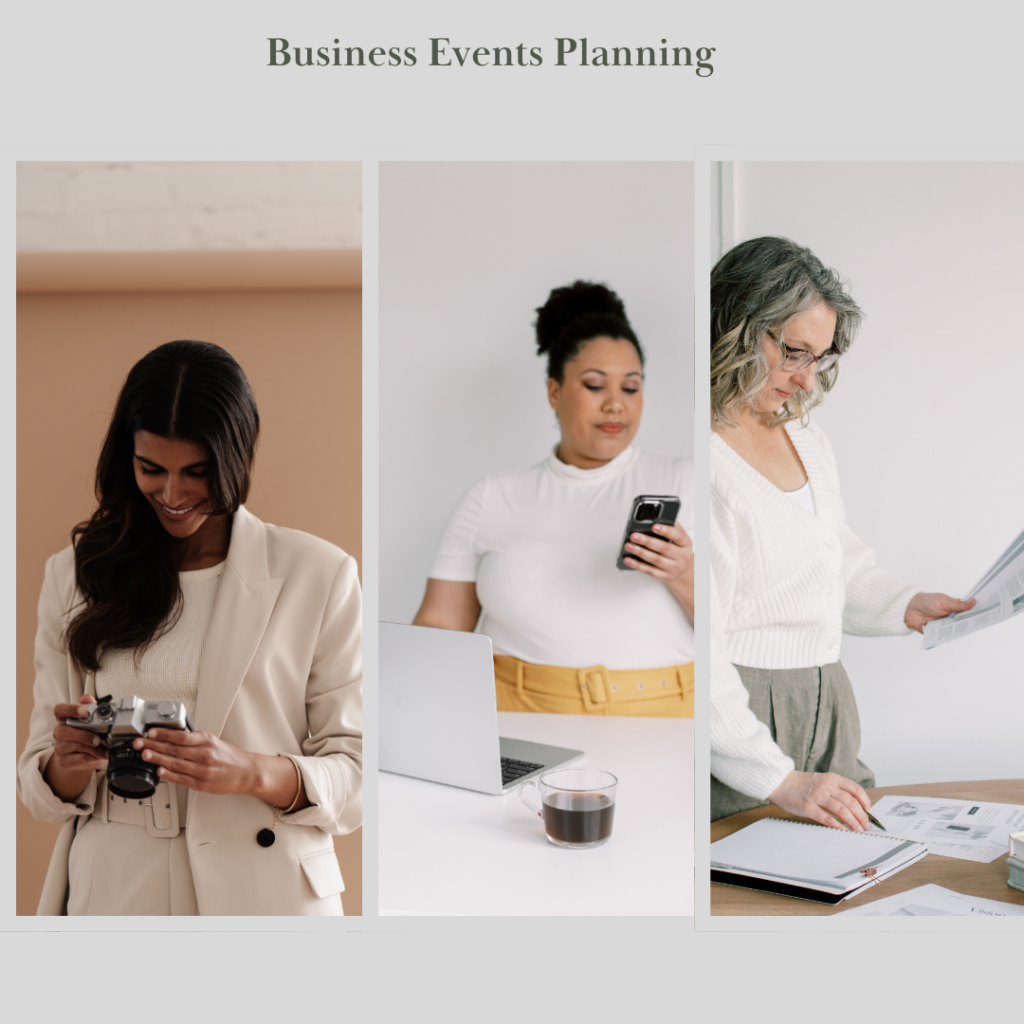I have to admit, I was a bit behind on the concept of hybrid events—or even virtual events for that matter. I think many of us planners were in the same boat. Before the pandemic, I was a firm believer that face-to-face meetings were the only way to go. Technology was there, but I chose to ignore it, thinking, “Why bother if our clients aren’t asking for it?”
Then, COVID-19 hit, and like many, I was forced out of my comfort zone. Suddenly, virtual and hybrid meetings became not just a necessity but the only way forward. We were all feeling stagnant and uncertain, but I was fortunate in a way. I immersed myself in virtual platforms like Zoom, Teams, and Google Meet, joining meetings, conferences, and tradeshows both as a participant and a presenter. And you know what? It wasn’t all bad. In fact, it was an eye-opening experience.
During those challenging times, I took advantage of online courses and earned certifications. It was a way to make the most of a difficult situation, ensuring that when the world reopened, I would be ready. I always say, “No one is ever too old to learn.” Despite my 25 years in the industry, I learn something new every day—whether through mistakes, partners, or clients. Having this mindset of “learning is never-ending” has been crucial in improving the services we offer.
When we finally ventured into hybrid events, it was a whole new learning curve for me. Hybrid events are a fantastic way to combine the best of both worlds: in-person and virtual. However, they require a great deal of technological coordination. You have to consider both the live aspects and the virtual elements—each with its own set of requirements. For example, when we hosted a hybrid event, we needed translation services in five different languages, not just for the on-site attendees but also for the virtual ones. We had to employ technology that allowed remote translators to provide real-time translations to nearly 500 attendees—200 on-site and almost 300 virtual.
That event was a great success, and it proved to me just how valuable hybrid events can be. We managed to accommodate those who couldn’t travel due to restrictions, ensuring they were still a part of the experience. Today, I am much more comfortable recommending hybrid solutions to our clients.
While technology still presents its challenges—like the occasional glitch on Teams—it’s been a blessing. It has given us the flexibility to reduce unnecessary travel and present our services to clients online. If a client feels aligned with what we offer during a virtual meeting, we then encourage them to come for a site visit. This approach not only saves time but also allows for more meaningful interactions.
The Benefits of Hybrid Events for Attendees
I strongly encourage incorporating hybrid elements into many events, especially meetings, due to the flexibility they offer. Hybrid events allow attendees who may find it inconvenient or impossible to travel to still participate through the virtual option. This added layer of accessibility ensures that geography, time constraints, or unforeseen circumstances do not become barriers to engagement.
By offering a virtual option, you open the door to a wider and more diverse audience, increasing accessibility and inclusivity. Attendees who might have been excluded due to travel restrictions, health concerns, or budget limitations can now be part of the experience. This not only enriches the event with diverse perspectives but also fosters a more inclusive environment where everyone has the opportunity to contribute and benefit. Hybrid events truly provide a way to bring people together, regardless of where they are in the world.
Future Outlook: The Continued Impact of Hybrid Events
Looking ahead, I believe hybrid events will play a crucial role in the future of our industry, even as in-person events make a comeback. From a participant’s perspective, the hybrid format offers unparalleled flexibility. It allows individuals who cannot travel—whether due to time, budget, or other constraints—to still engage meaningfully with the event. This inclusivity not only broadens the reach of events but also enriches them.
For organizers, the advantages are equally compelling. Hybrid events enable access to a larger and more diverse audience, resulting in increased participation and a wider array of perspectives during discussions and Q&A sessions. This diversity of input can lead to more dynamic and insightful conversations, ultimately enhancing the overall value of the event. In essence, hybrid events are a win-win, creating opportunities for deeper engagement and a more inclusive experience for all involved.
If you’re looking to dive deeper into topics like hybrid events and gain a comprehensive understanding of the business events industry, I invite you to join the waitlist for my upcoming Business Events 101 course. This course is designed to equip you with the skills and knowledge you need to thrive in the ever-evolving world of event planning.
By joining the waitlist, you’ll be the first to know when the course launches, and you’ll gain access to exclusive insights and resources tailored to aspiring and current event professionals. Don’t miss out on this opportunity to elevate your expertise and take your career to the next level.
Click here to join the waitlist and be a part of a community that’s shaping the future of business events!




